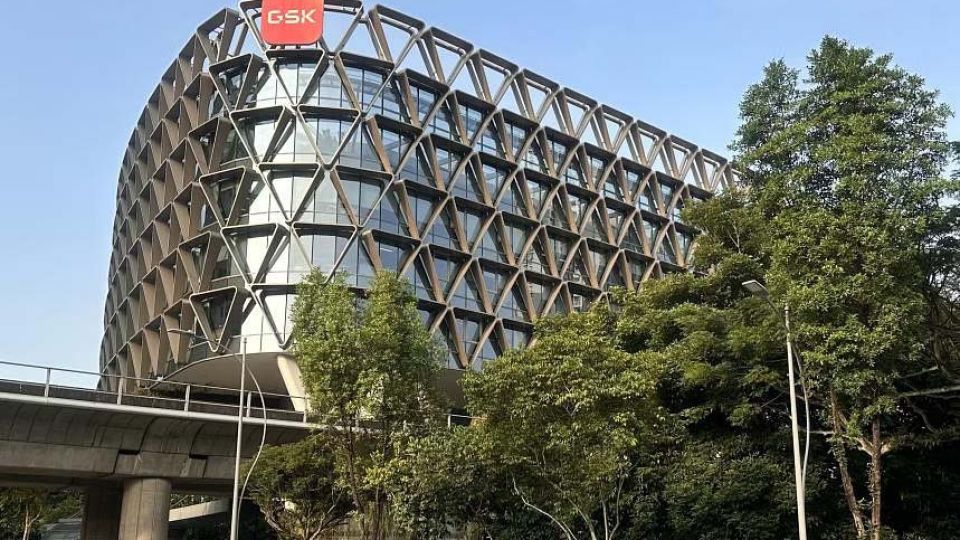July 19, 2024
SINGAPORE – Singaporeans aged 60 and above can now get vaccinated against a contagious virus that causes respiratory tract infections and could lead to complications in older folk.
The vaccine, called Arexvy, protects against the respiratory syncytial virus (RSV), and was developed by British pharmaceutical giant GSK.
The jab was approved by the Health Sciences Authority (HSA) on May 10 and protects against lower respiratory tract disease caused by the contagious virus, which poses greater risks to older adults.
The GSK vaccine is the first for the virus to be available in Singapore, and an application for its use for those between 50 and 59 is still under review, said HSA in response to queries.
For Singaporeans aged 60 and older, the vaccine is available at some general practitioner and specialist clinics, said GSK in response to queries, but it did not disclose the list of clinics.
Checks by The Straits Times found that several clinics charge between $320 and $350 for the vaccination, which comprises a single dose delivered by injection to a muscle.
RSV, which affects the lungs and respiratory airways, is similar to other respiratory infections such as influenza and the common cold.
Symptoms include a cough, fever, runny nose and body aches, and in severe cases can result in pneumonia and bronchiolitis – an inflammation of the small airways deep inside the lungs.
In 2019, RSV infection accounted for an estimated 5.2 million cases of acute respiratory infection among adults aged 60 and above in industrialised countries, according to a study included on the US National Library of Medicine’s database of clinical studies. It also resulted in 470,000 hospitalisations and 33,000 in-hospital deaths.
Experts recommend that seniors, especially those who have respiratory conditions, get the vaccine.
Professor Paul Tambyah, who is president of the International Society for Infectious Diseases, said: “It does appear to prevent pneumonia, which can be a major problem for those with chronic lung disease or who have weakened immunity.”
Dr Leong Hoe Nam, an infectious diseases doctor from Rophi Clinic, said the virus causes more deaths than influenza and hospitalisation risk exceeds that of Covid-19 and the flu.
Patients with heart or lung diseases, such as chronic obstructive pulmonary disease or congestive heart failure, face a higher risk of contracting severe cases of RSV, he added.
“RSV infection can rob individuals of their independence and current lifestyle,” said Dr Leong, who added that severe cases may lead to death or cause one to be permanently wheelchair-bound or bedridden.
“If the individuals at risk get vaccinated, we can reduce morbidity and deaths,” he said.
But there are reports of the vaccine carrying a risk of a rare neurological condition called Guillain-Barre syndrome, in which a person’s immune system attacks the peripheral nerves.
Those with a history of the condition who are thinking of getting the vaccine should weigh its risks and benefits with their doctors, said Prof Tambyah.
But Dr Leong said the chances of someone contracting the syndrome from the vaccine are about one in a million.
The US expanded the use of the Arexvy vaccine to adults aged between 50 and 59 on June 7.
Other than Arexvy, there are two other vaccines – Pfizer’s Abrysvo and Moderna’s mRESVIA – approved by the US Food and Drug Administration.
Arexvy has also been approved for use in Japan, Canada, Australia and Hong Kong, for instance. During clinical trials, it demonstrated an 82.6 per cent effectiveness among about 25,000 participants from 17 countries, said GSK.
The Ministry of Health said the vaccine is currently not included in immunisation schedules.
It added that the expert committee will continue to monitor the effectiveness, durability and safety of the vaccine, and review recommendations when more data is available.

